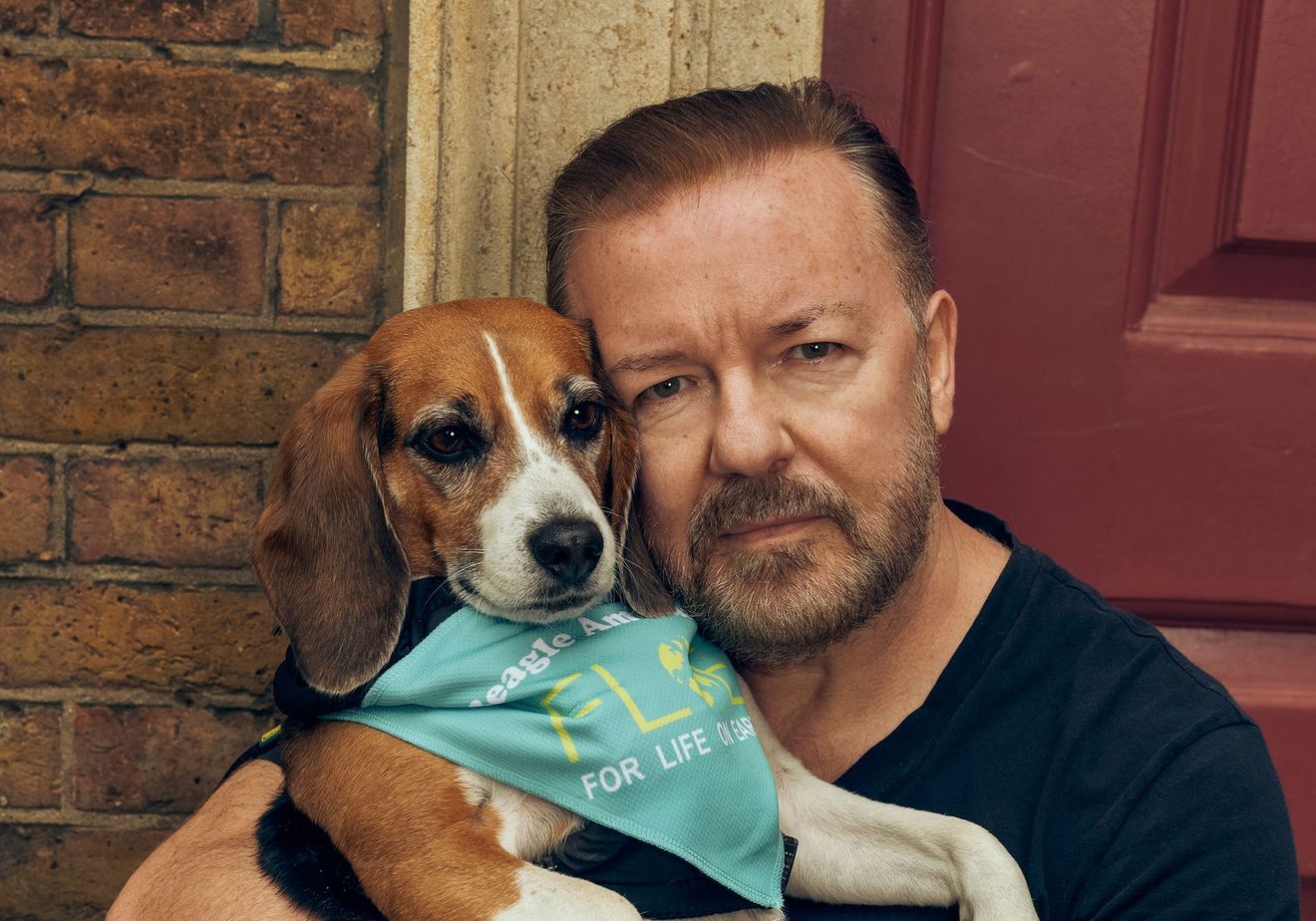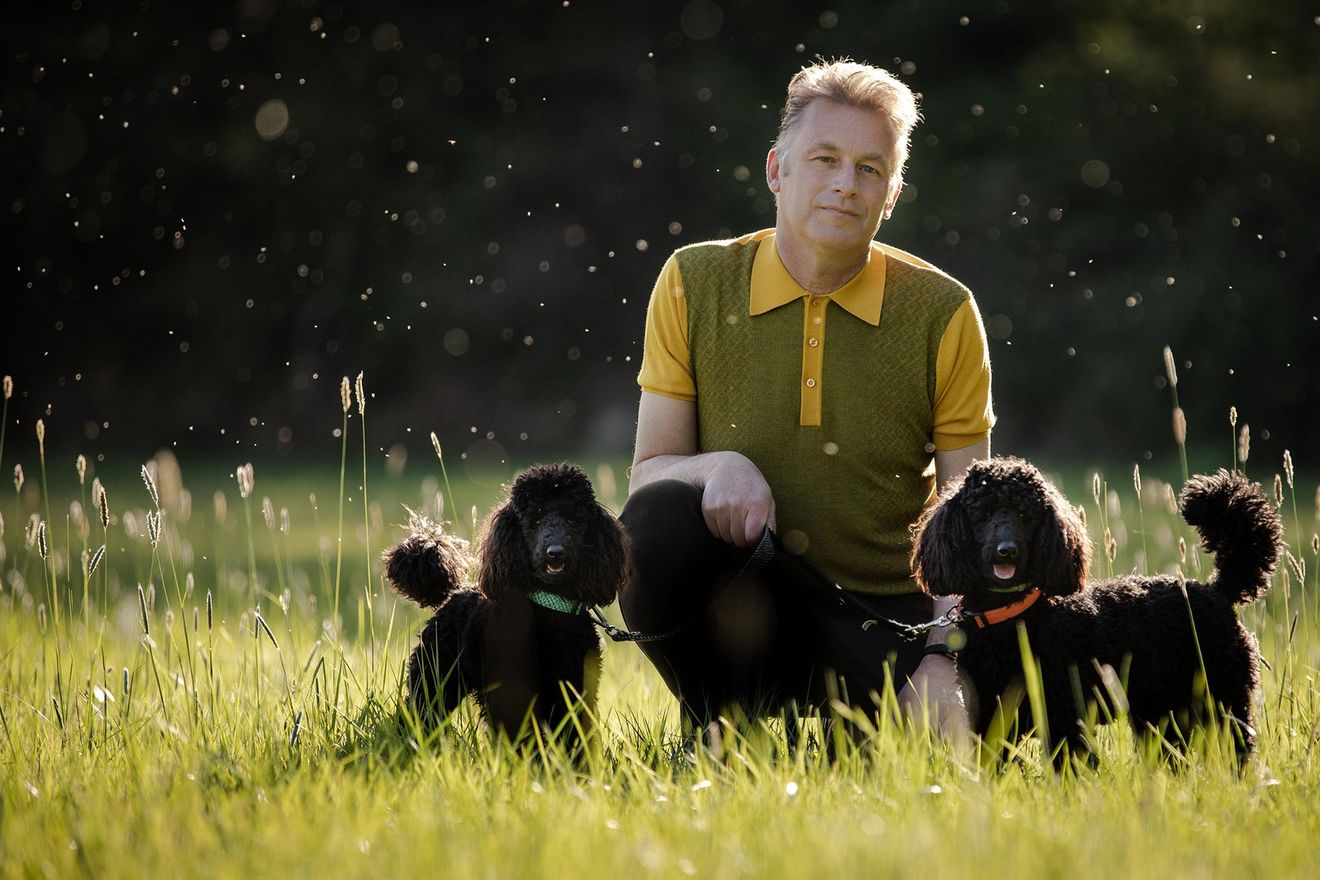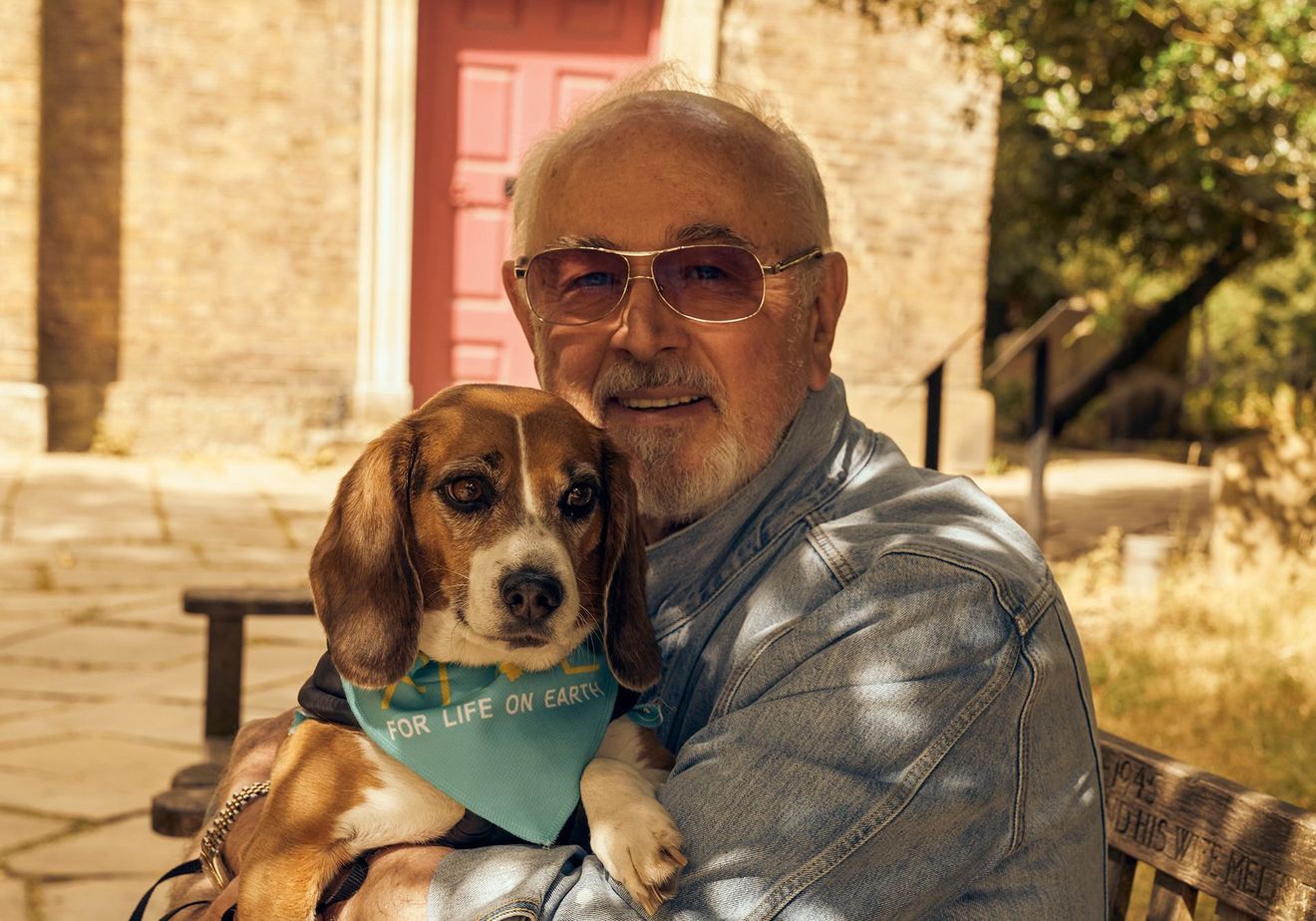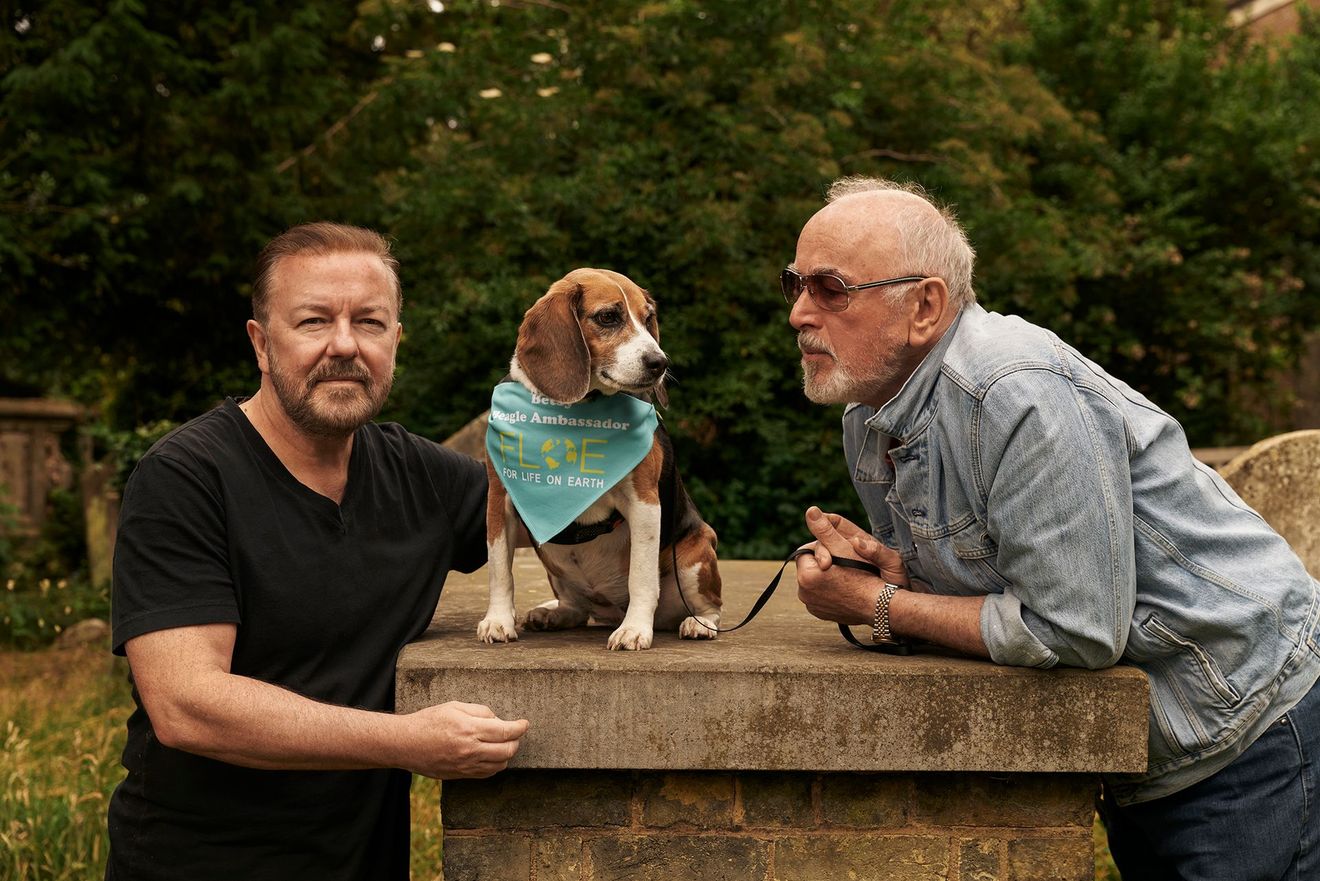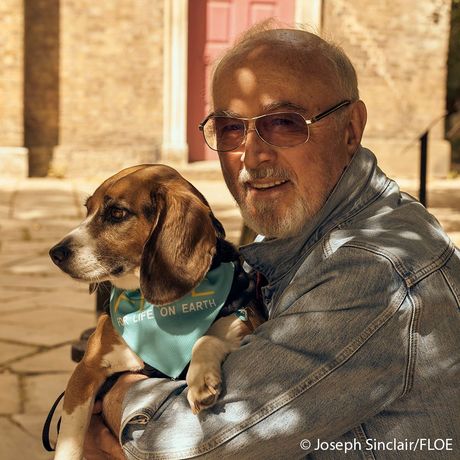© Joseph Sinclair/FLOE & Megan McCubbin
Welcome to Operation Beagle
Presented in support of the science-based campaign
For Life On Earth (FLOE), with its rescued laboratory dog
Operation Beagle is inspired by the great ship HMS Beagle which carried Charles Darwin on his first voyage as a naturalist, and led him to deliver his breakthrough Theory of Evolution.
Operation Beagle is launched to support Ricky Gervais, Chris Packham and Peter Egan as they campaign to end the false claims about science and medicine which fund experiments on Beagles, and other animals.
The scientific evidence against using the results of animal experiments, to try and predict human responses in medical research, is founded upon Darwin's Theory of Evolution and current understanding of evolutionary biology: this failure of animal tests, in the search for human treatments and cures, is widely reported in today's medical literature.
Cross-party members of the UK Parliament are now
calling for a public scientific hearing judged by independent experts from the relevant science fields, to stop the false claim's about science and medicine which fund these outdated and cruel animal experiments.
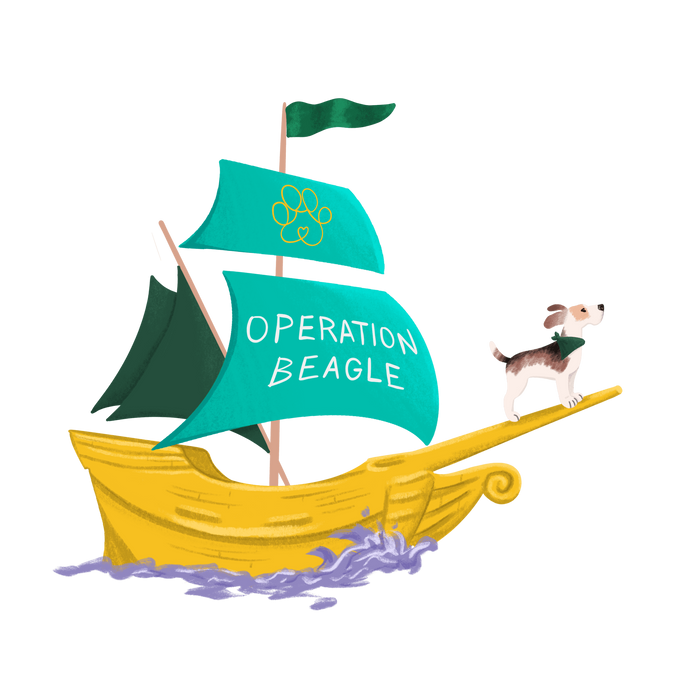
Please take action to help our headline News Exclusive
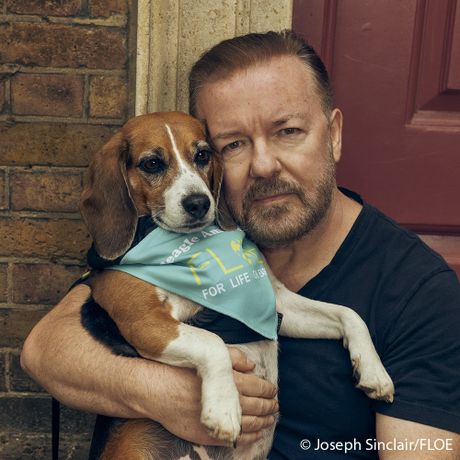
Ask your MP to sign EDM 187
Simply type in your postcode to ask your MP to sign Parliament EDM 187, for a rigorous public scientific hearing to stop false claims about human medicine which fund animal experiments.
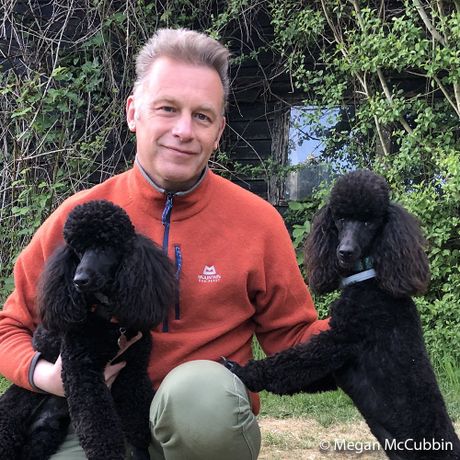
Organise local outreach
Visit our Resources page and order leaflets and placards to organise your own outreach event. Tag us in your event and we'll share it!
TWEET DECISION-MAKERS IN PARLIAMENT
#OperationBeagle
Follow the simple steps below, to take action today
1. Copy the text in our tweet, below:
I'm horrified by the suffering of puppies bred by laboratory dog breeder, MBR Acres. Please ban this now & mandate the #EDM187 #science hearing, to stop the lies about medicine which fund this cruelty. @GOVUK @Keir_Starmer @10DowningStreet #OperationBeagle #Dogs #EndAnimalTesting
2. Click 'Quote Tweet' on this post
3. Paste your text as a comment above our tweet.
4. Tweet your post to Keir Starmer PM and the UK Government!
Our science is illustrated by leading experts in this field: medical doctor Ray Greek and his research partner Prof. Niall Shanks. Drs. Greek and Shanks set a precedent ruling in 2002, when they defeated plans by Cambridge University to build a multi-million pound primate laboratory, defeating that lab with a ruling on 'national interest, medical and scientific' grounds.
Watch the groundbreaking conversation between Ricky Gervais and Dr. Ray Greek, below:
About the Science
Animal experiments were first institutionalised in 1847 by a French doctor Claude Bernard, who went on to reject Darwin's Theory of Evolution. Claude Bernard's rejection of Evolution has since derailed human medical progress for decades: using animals, to try and model illnesses in human patients, is today widely reported to be a complete failure in the search for treatments and cures, underlining the reasons why humans don't attend vets, when they fall ill.
The failure of these animal experiments is widely documented in the peer reviewed scientific literature. [1-15] For example, Dr. Fiona Godlee, then Editor in Chief of the British Medical Journal, reported that it is “nearly impossible to rely on most animal data to predict whether or not an intervention will have a favourable clinical benefit-risk ratio in human subjects" ... if research conducted on animals continues to be unable to reasonably predict what can be expected in humans, the public’s continuing endorsement and funding of preclinical animal research seems misplaced.” [1] The Food and Drug Administration states that nine out of ten new human medicines fail to pass human trials, because animals cannot predict human responses [2] and the US-based National Cancer Institute says we have lost cures for cancer, because studies in rodents have been believed. [3] Scientists working in the pharmaceutical industry also openly acknowledge the failure of animal experiments in their drug development process, and write about this often. [4] Today, the medical field against animal experiments is led by Drs. Niall Shanks and Ray Greek's Trans-Species Modelling Theory: founded upon current understanding of evolutionary biology and complexity science, this overarching Theory joins Darwin's Evolution and Einstein's Theory of Relativity, in explaining why something always occurs; in this case why applying results from animal experiments will never have predictive value for humans.
Human-Based Science
Today we have entered the age of personalised medicine and a good example of this is gene-based medicine, where the individual DNA of each patient is mapped, together with the DNA of that patient's cancer (by way of example), and then treatments are matched to target the unique circumstances of that person and their very specific illness. Even identical twins are now accepted to react entirely differently to medicines and disease: for example, one twin will suffer from multiple sclerosis, whilst the other will not. In light of this advanced medical knowledge, the continued funding of laboratory animal models certainly belongs in the history books of 1847, when animal tests were first institutionalised by Claude Bernard, who went on to reject Darwin's Theory of Evolution. The science hearing, called for by EDM 187, will free up funding for human-relevant science, to accelerate the arrival of treatments and cures.
Some key examples of the failure of animal experiments
Penicillin is arguably the most important medicine of all time, and was delayed for humans by ten years because it has no effect on rabbits. The polio vaccine was delayed by 40 years because of studies in monkeys: the inventor of the polio vaccine, Dr. Albert Sabin, testified under oath at the US House of Representatives, stating progress "was long delayed by the erroneous conception of the nature of the human disease, based on misleading experimental models of the disease in monkeys". The US-based National Cancer Institute states that we have lost cures for cancer because studies in rodents have been believed. Dr. Richard Klausner, director of the National Cancer Institute says: "we have cured mice of cancer for decades, and it simply didn't work in humans".
Further examples of the medical failure of animal testing
Over 100 HIV AIDS vaccines worked well in animals - including non-human primates - but zero worked in humans: the HIV vaccines that protected monkeys actually increased the risk of contracting HIV, in the volunteers that took the vaccine.
Studying strokes and brain haemorrhage in animals has led to multiple medical treatments that worked in animals, but went on to harm humans.
For years, the tobacco industry was able to use animal models to claim smoking does not cause human cancer: humans respond to tobacco and asbestos by suffering from cancer, whereas most animals do not.
Animals do not suffer heart disease from smoking, whereas humans do.
Animals do not suffer heart disease from high cholesterol, whereas humans do.
Babies of mothers who took thalidomide in the late 1950s and early 1960s suffered terrible birth defects: for the vast majority of animal species this does not occur.
The cardiopulmonary bypass machine killed the first patients is was used on, and it was only after human data was used that the machine was made safe.
Additional examples of why humans don't visit the vet when they fall ill
Paracetamol is toxic to cats.
Chocolate can kill dogs yet humans consume large volumes.
Ibuprofen causes kidney failure in dogs, even at very low doses.
Ketamine works well in primates but not so well in guinea pigs and rats.
Morphine works well for humans but some cats get very excited when given morphine, and it can cause seizures in mice.
Cancer drug Tamoxifen causes liver tumours in rats.
Quinine causes dogs to go blind.
References
1. BMJ 2014;348:g3719 available here
2. FDA Issues Advice to Make Earliest Stages Of Clinical Drug Development More Efficient. FDA, June 2006
3. Gura T: Cancer Models: Systems for identifying new drugs are often faulty. Science. 1997, 278 (5340): 1041-1042.
4. Lumley CE, Walker S Lancaster, Quay, editors, 1990, 'Clinical Toxicity – Could it have been predicted? Post-marketing experience', 57–67; Heywood R. Animal Toxicity Studies: Their Relevance for Man.
5. BMJ 2014;348:g3387
6. Shanks N, Greek R, Greek J. Are animal models predictive for humans? Philos Ethics Humanit Med. 2009 Jan 15
7. Pound P, Ebrahim S, Sandercock P, Bracken MB, Roberts I; Where is the evidence that animal research benefits humans? BMJ 2004;328:514
8. Greek, R, Rice MJ. Animal models and conserved processes. Theoretical Biology and Medical Modelling 2012, 9:40 doi:10.1186/1742-4682- 9-40.
9. Greek, R, Greek, J. Is the use of sentient animals in basic research justifiable? Philosophy, Ethics, and Humanities in Medicine 2010, 5:14.
10. Greek, R. Menache, A. Rice M. Animal models in an age of personalized medicine. Personalized Medicine. January 2012, Vol. 9, No. 1, Pages 47-64, DOI 10.2217/pme.11.89 (doi:10.2217/pme.1).
11. Greek R, Shanks N. Complex systems, evolution and animal models. Studies in History and Philosophy of Science Part C: Studies in History and Philosophy of Biological and Biomedical Sciences. 2011 Dec;42(4):542-4 doi:10.1016/j.shpsc.2011.07.001 PMID: 22035727
12. “The value of animal research has been increasingly debated, owing to high failure rates in drug development. A potential contributor to this situation is the lack of predictivity of animal models of disease.” Ferreira, G. S., et al. 2020. Levelling the Translational Gap for Animal to Human Efficacy Data. Animals (Basel), 10(7). Available at: https://www.ncbi.nlm.nih.gov/pubmed/32679706
13. An editorial in Nature Reviews Drug Discovery in 2011 stated: “Unpredicted drug toxicities remain a leading cause of attrition in clinical trials and are a major complication of drug therapy.” Editorial 2011. A stronger role for science. Nat Rev Drug Discov, 10(3), 159-159. Available at: http://dx.doi.org/10.1038/nrd3387
14. “In fact, for studies using mice, a coin flip would predict toxicity with a similar success rate”. Van Meer, PJK. 20 The Scientific Value of Non-clinical Animal Studies in Drug Development: Thesis Utrecht University.
15. “The failure rate of drugs in human clinical trials, which is around 90%”. (Herrmann 2001, Bains 2004, Insel 2012, BIO, Biomedtracker, and Amplion 2016, Lowe 2016, Mohs and Greig 2017, Analysis 2017, Lowe 2018, Wong, Siah, and Lo 2018).

